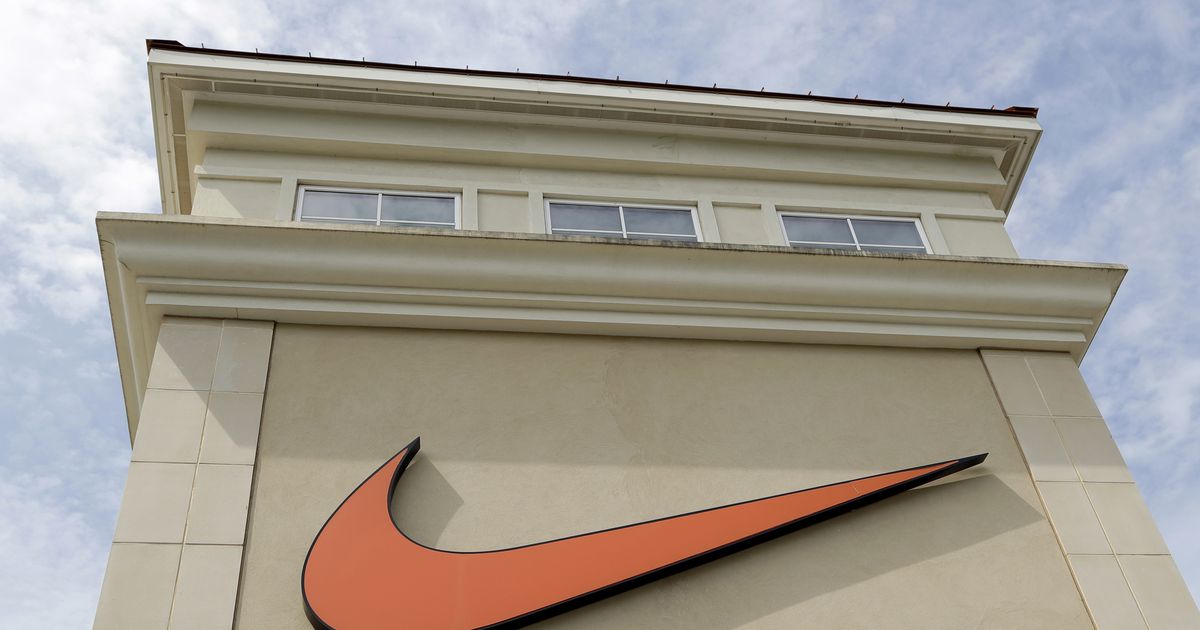
There may be no big-brand stock executing better than Nike (NYSE: NKE). The sportswear giant’s flawless fourth-quarter earnings report featured revenue jumping 21% over pre-pandemic (2019) levels.
Profit also surged thanks to the shift to higher-profit-margin direct sales, as Nike’s earnings per share of $0.93 easily topped analyst expectations of $0.51.
Meanwhile, management projects revenue growth in the low double digits this fiscal year, and rising profit margins.
Nike’s strength in direct-to-consumer and digital sales, the strategy it calls Consumer Direct Acceleration, is set to power that growth.
Through apps like Nike Training Club and Nike Run Club, Nike has built out an audience of 300 million members, which drove $3 billion in revenue in the latest quarter.
Also, Nike’s women’s sportswear has become a major growth driver for Nike, with fiscal 2021 revenue up 22% year over year.
It’s no accident that Nike is poised for another decade of domination. The stock has been a juggernaut since it went public in 1980, rising nearly 100,000%.
In other words, $1,000 invested in the stock then would be worth nearly $1 million now.
Nike’s industry is not one that changes quickly. With an unrivaled brand, a history of innovation, vast marketing power and a sparkling roster of sports stars, the sneaker behemoth won’t be knocked from its throne any time soon. (The Motley Fool owns shares of and has recommended Nike.)
Ask the Fool
Q: What are “fintech” companies? – D.R., Tacoma
A: The moniker “fintech” is a combination of the words “finance” and “technology”; fintech businesses develop and/or use technology for financial operations.
That’s a wide arena, encompassing companies involved in contactless payments, robo-advising, mobile banking, peer-to-peer lending, blockchain technology, cryptocurrencies, brokerage services and more.
For example, PayPal is a fintech company, processing credit card payments; its subsidiary Venmo is one as well, facilitating person-to-person payments on mobile platforms.
Square is another: You may know it for the little credit card processing gadgets that many small businesses attach to smartphones in order to accept credit card payments, but it has grown to offer more than that, including a small business lending platform.
Fintechs are disrupting traditional financial businesses, with newer, faster and better financial services.
Many have already rewarded shareholders handsomely, but more than a few are trading with high valuations – so tread carefully.
Q: Can you explain what a company’s “capital allocation” is? – G.S., Pocahontas, Arkansas
A: A company’s capital allocation is how it spends its money, often with the goal of making the company bigger and healthier.
A company can, for example, use its money to build more factories, hire more workers, pay down its debt, pay its shareholders a dividend, buy back some of its shares, buy another company, invest, save for a future opportunity and so on.
Companies will generally do multiple things with available funds.
Ideally, companies should spend their money in the most productive ways.
That means not overspending on an acquisition, and not buying back shares when they’re overvalued.
When a company’s capital is not allocated effectively, shareholders suffer.
My dumbest investment
My dumbest investment was selling my shares of Roku too early.
I would’ve earned thousands of dollars more if I’d waited five months longer. – E.F., online
The Fool responds: Selling out of a great company’s stock prematurely is a common investing mistake.
The importance of patience to successful investing is underappreciated.
Impatience has made people exit stocks such as Apple and Amazon after just a few months or years, for perhaps a double-digit gain or even a modest loss – when they might have increased their investment tenfold, twentyfold or more by hanging on.
Before selling a stock, think about how much more you believe the company can grow in the coming five or 10 years (or even longer), and, about how much faith you have in management.
You wish you’d held on to your Roku shares for five months more, but think about where the stock might be in five years!
While Roku started with small devices for TVs, several manufacturers now sell smart TVs running Roku TV software, and Roku is reportedly spending more than $1 billion on streaming content.
It’s not guaranteed to become a dominant powerhouse, but it has been performing well lately.
If you research the company and think it’s attractively valued relative to its growth potential, you might undo this move you regret and buy more shares now.
(The Motley Fool owns shares of and has recommended Roku.)
"do it" - Google News
August 08, 2021 at 02:04PM
https://ift.tt/3Aq0zbQ
Motley Fool: Just do it? - The Spokesman-Review
"do it" - Google News
https://ift.tt/2zLpFrJ
https://ift.tt/3feNbO7
Bagikan Berita Ini














0 Response to "Motley Fool: Just do it? - The Spokesman-Review"
Post a Comment